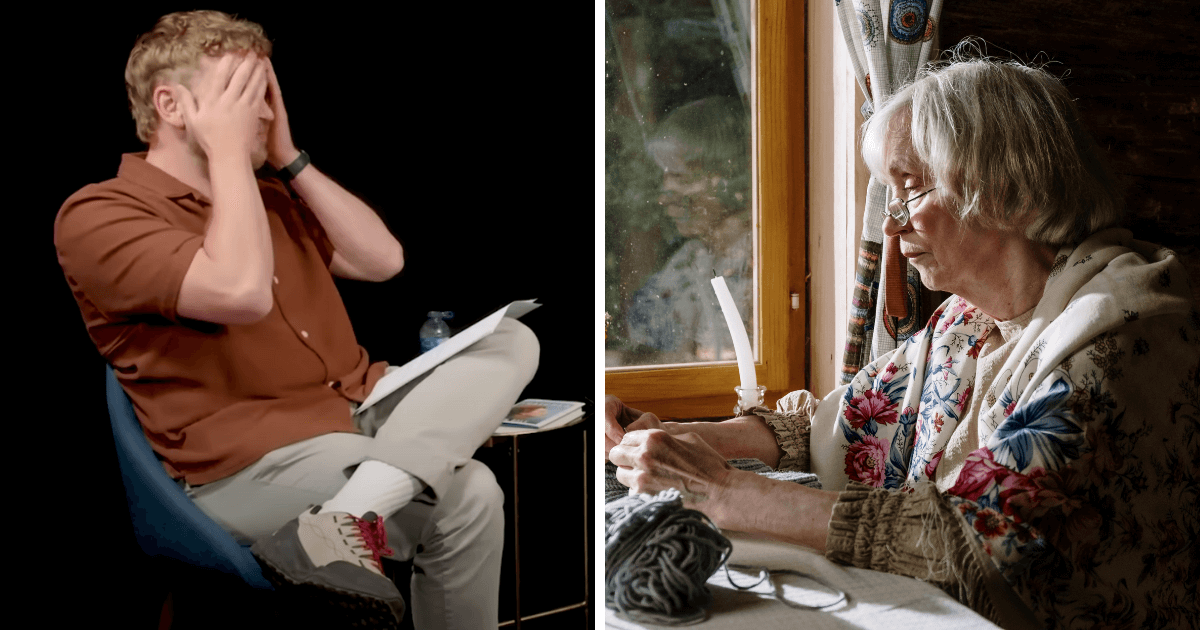The New Statesman has published an article arguing that assisted suicide would save money by “curbing the pensions bill, the NHS bill and the care bill”.
The article, written by Oli Dugmore, Editor-in-Chief of the news, politics, and entertainment website JOE, argues that “[m]ost of the money spent on your healthcare by the state will fall in the final months of your life. Assisted dying would appear to mitigate some of those problems”.
According to Dugmore, “[a]ssisted dying is the term used to describe a choice over the manner and timing of death after a terminal diagnosis.” However, in places such as Canada, where assisted suicide and euthanasia are legal, there is no requirement for an individual to be terminally ill in order for them to end their lives through the requisite government programme. Other countries, such as Austria, the Netherlands, and Luxembourg, all offer ‘assisted dying’ without the requirement for an individual to be terminally ill.
Dugmore went on to describe what he calls “the misery of the elderly”, who “sit in cell blocks bathed in the stupefying light and sound of Bargain Hunt, Location, Location, Location, Tipping Point, unvisited by relatives”. The piece concludes with Dugmore proclaiming, “Let them die”.
Dugmore’s article faces fierce criticism from the media and politicians
Criticism for this article has been rife, with the Telegraph amplifying the views of those who condemned Dugmore for “condoning state-sanctioned elder abuse”. In a further piece in the Telegraph, the journalist Michael Deacon argued that, through his article, Dugmore was “demonstrating, albeit unwittingly, why some of us are so concerned about the legalisation of assisted suicide. The so-called ‘right to die’, we fear, will swiftly become a ‘duty to die’”.
Carla Lockhart, the Member of Parliament for Upper Bann, said the article was “calling for our society to put a price tag on the lives of the most vulnerable people in our communities. For those who already worry they are a burden, this sends the cruel message that their death would save money”.
Tanni Grey-Thompson, a former Paralympic athlete who now sits in the House of Lords, criticised the article, too, stating that assisted suicide “could easily become a duty to die. This is especially concerning when the NHS is under pressure to cut costs.”
Dugmore’s article claims that many people, upon reaching old age, will simply say “[J]ust let me go, I don’t want to be a burden”, a point which he uses to argue that society should acquiesce and legalise assisted suicide.
Dugmore is not the first to suggest that the solution to people feeling like a burden could be assisted suicide. Last year, Matthew Parris, former MP and Times columnist, wrote that he would “welcome” the social and cultural pressure “on the terminally ill to hasten their own deaths so as ‘not to be a burden’ on others or themselves”.
He stated that he does not apologise for referring to “human beings as units” and “For a society as much as for an individual, self-preservation must shine a harsh beam on to the balance between input and output”.
He also stated that questions about finance, such as “How much is all this costing relatives and the health service? How much of a burden are we placing on those who love us?” would become “common practice” and that that would be a good thing. Former MP Andrew Selous declared he was “deeply shocked” by the article.
As evidenced in places where assisted suicide or euthanasia is already legal, many people who end their lives by assisted suicide do attribute feeling like a burden as one of their concerns at the end of their lives. For those who have ended their lives in the most recent year for which data is available, 45.3% cited being a burden in Canada, 42% did so in Oregon, 59% in Washington, and 35.2% did so in Western Australia.
Last year, a group of 24 palliative care doctors wrote a letter to Labour MP Kim Leadbeater expressing that they “strongly oppose” her Terminally Ill Adults (End of Life) Bill, commenting that “It hasn’t gone unnoticed that assisted dying is financially a cheaper solution than providing holistic care to those who are dying”. Rather than adequately funding palliative care services, it is argued that introducing assisted suicide is a more economical solution.
Dugmore’s article came in the midst of assisted suicide being debated in the House of Lords. The Terminally Ill Adults (End of Life) Bill, which would legalise assisted suicide in England and Wales for those with a prognosis of six months or less, returns to the Upper House for the second day of its Second Reading on Friday, 19 September. On the first day of Second Reading, 69% of peers who spoke did so in opposition to the Bill.
Spokesperson for Right To Life UK, Catherine Robinson, said “The lack of compassion shown in the New Statesman article is a clear case of proponents of assisted suicide saying the quiet part out loud”.
“Rather than adequately fund palliative care services, some proponents of assisted suicide view its introduction as a cheaper and easier solution to problems faced at the end of life”.
“Our elderly and vulnerable deserve respect, care, and compassion, and legislating to provide them with the opportunity to end their lives rather than adequately fund their care is a horrible decision to make”.











